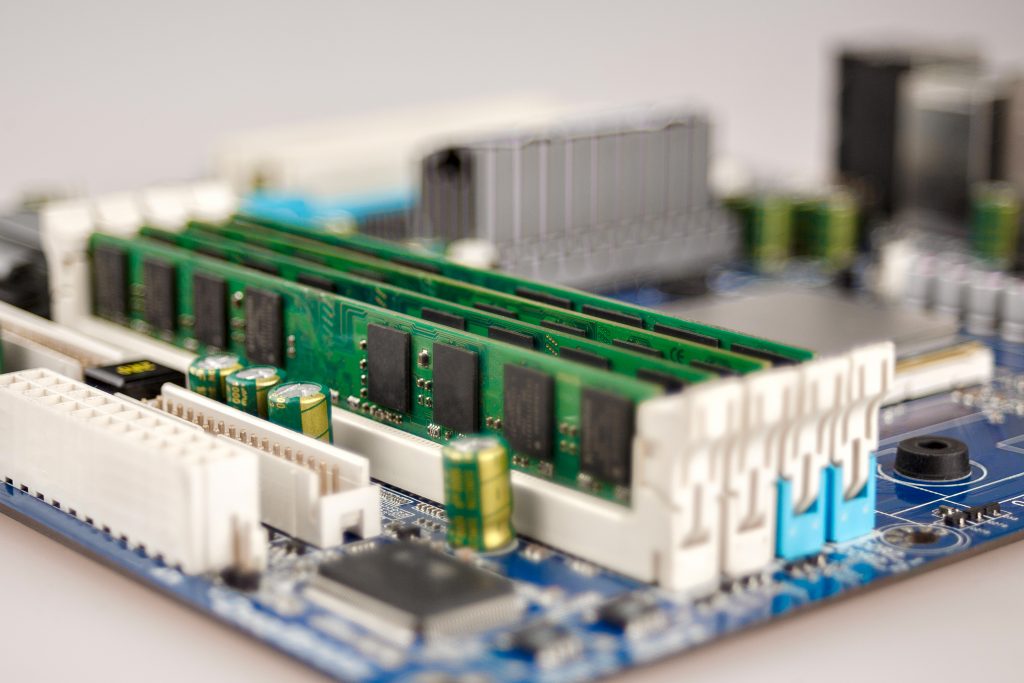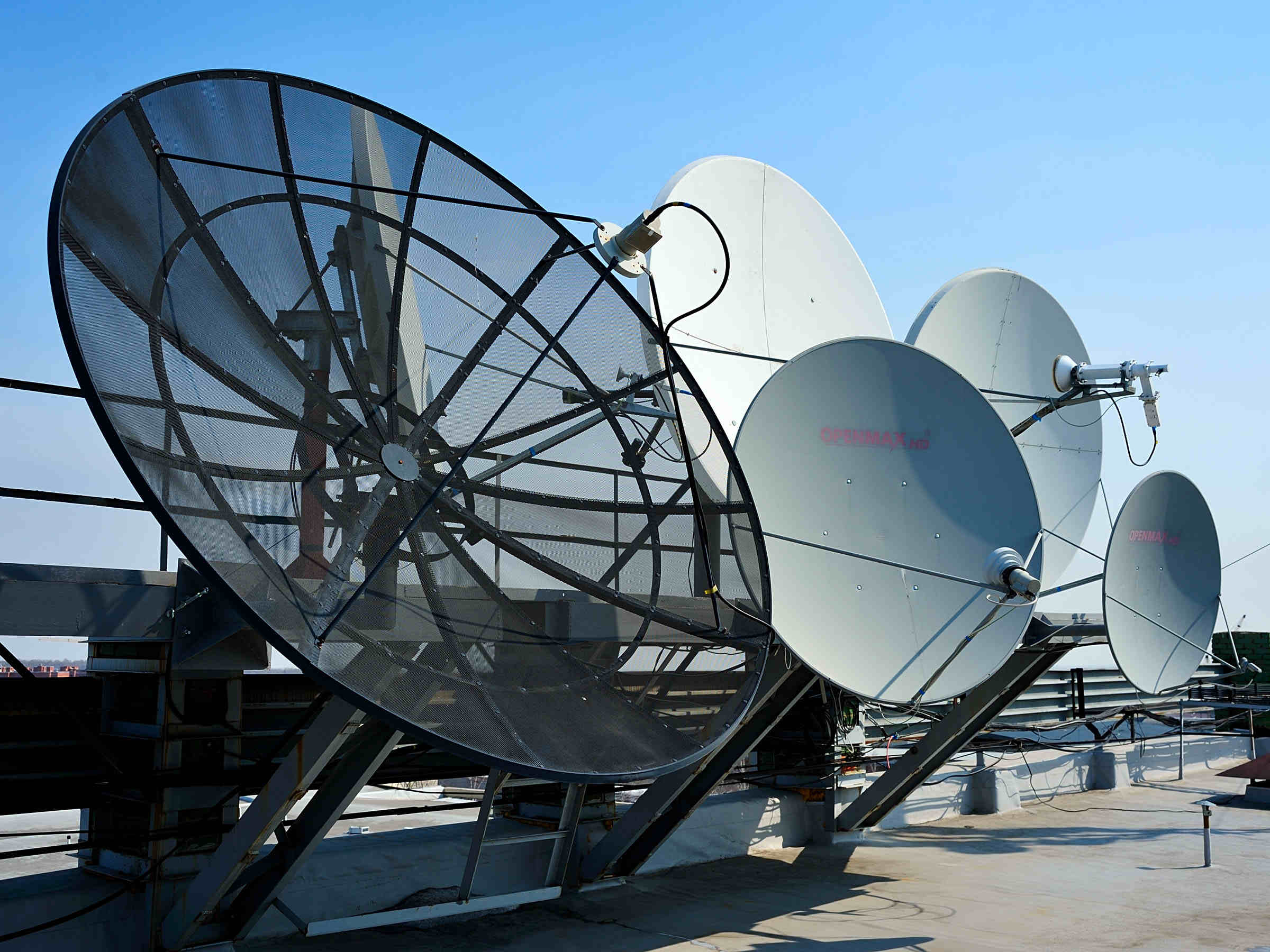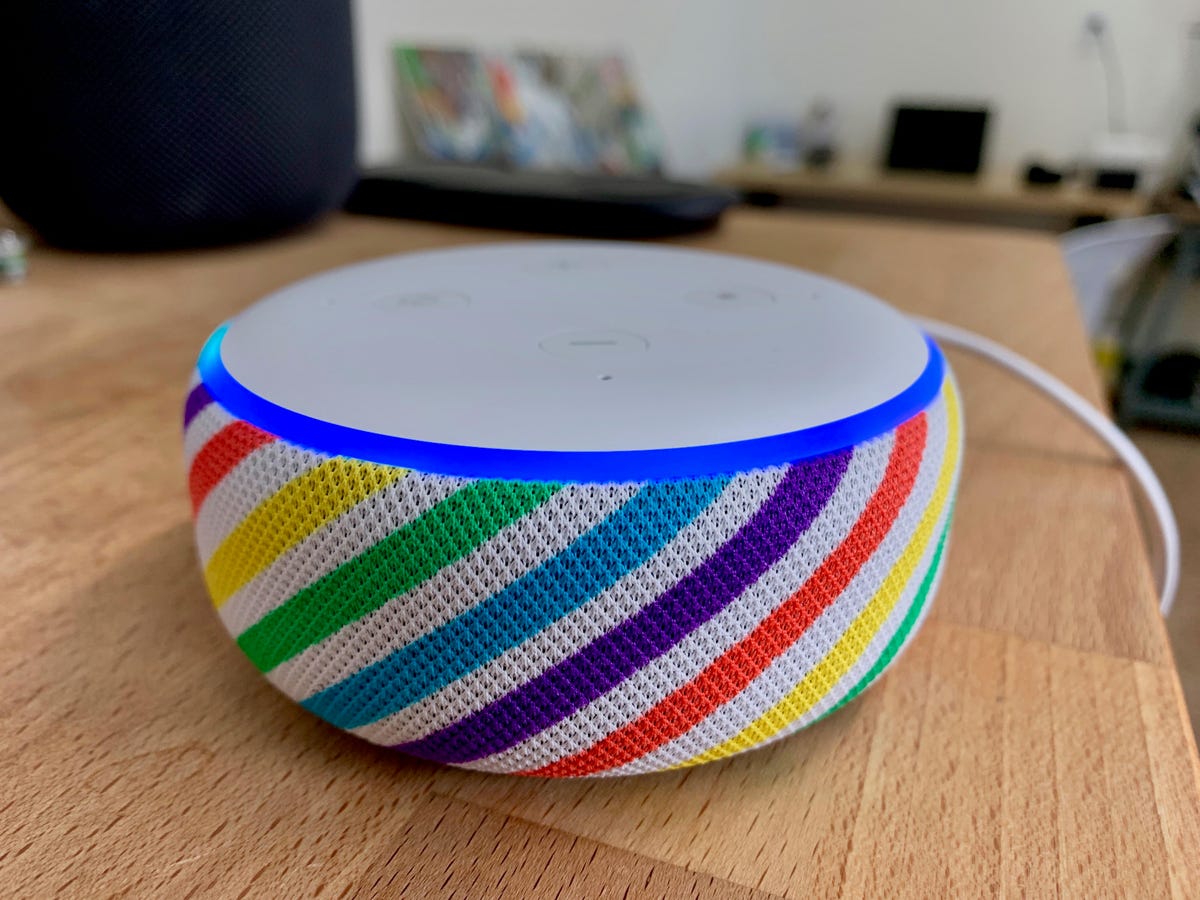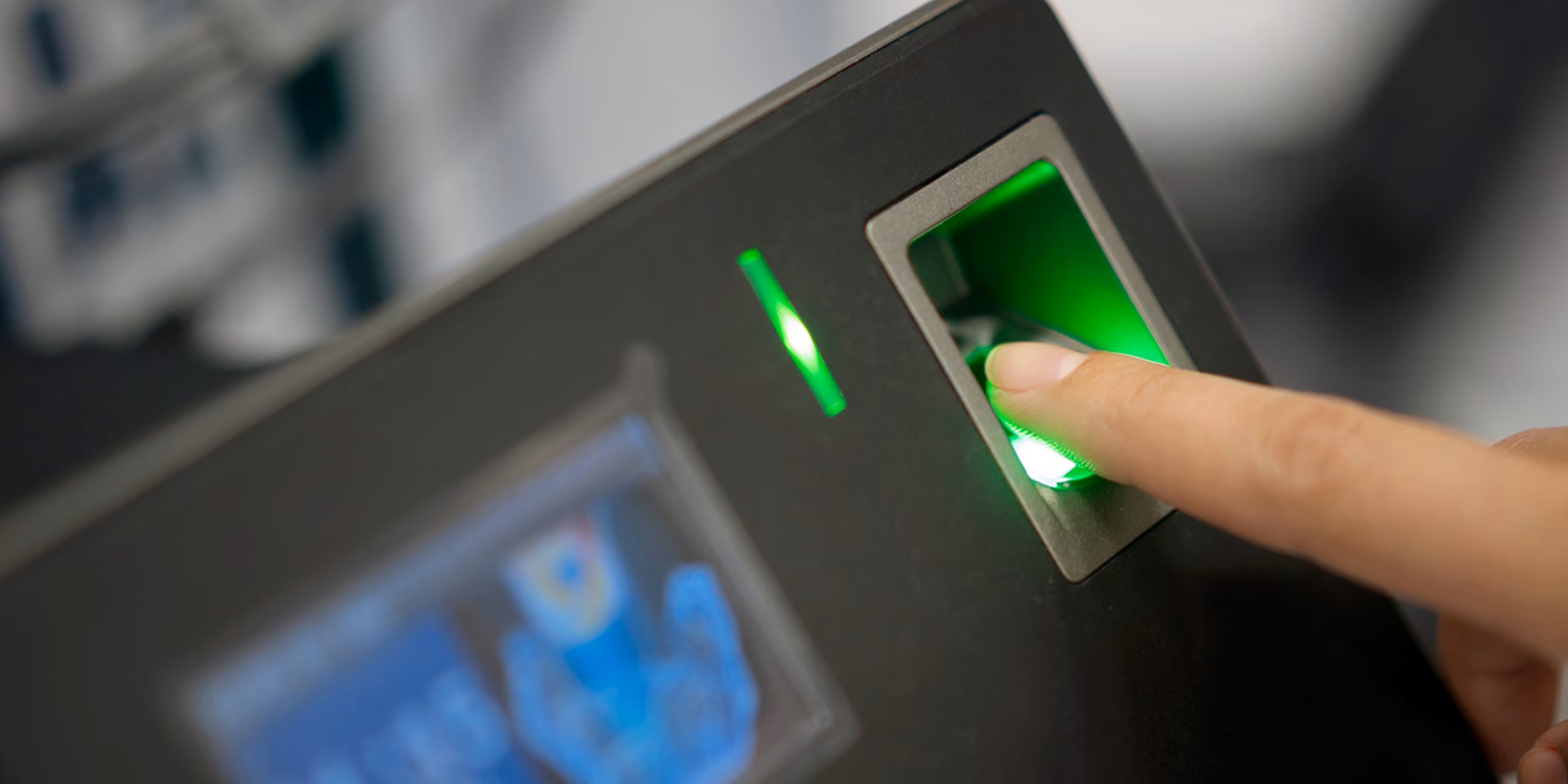Home>Data Storage>How Much Data Storage Does Your Computer Need?


Data Storage
How Much Data Storage Does Your Computer Need?
Modified: January 21, 2024
Say goodbye to laggy webpages and games - determine the amount of data storage space you need right for ultra smooth performance.
(Many of the links in this article redirect to a specific reviewed product. Your purchase of these products through affiliate links helps to generate commission for Storables.com, at no extra cost. Learn more)
In today’s super wired and increasingly connected society, it’s no surprise that storage space is precious and even sacred at times: the question is, how much of it exactly does your computer need? Find out below.
Random Access Memory or RAM
The RAM which is also referred to as the main memory, primary memory, or system memory is directly accessible by the CPU. It is volatile because it only stores any information temporarily, and all the data and files on it will be gone once the computer loses its power. Random-access memory is often found in servers, PCs, laptops, smartphones, tablets, and other devices like printers and gaming consoles.
This short-term memory stores and retrieves information on a computer. It keeps the operating system (OS), application programs and data currently in use so the device’s processor can quickly reach them. Also because the RAM is faster to read from and write to, it is an expensive form of a data storage device. This is unlike other kinds of storage, like the hard disk drive (HDD), solid-state drive (SSD) or optical drive. The random access memory has a significant effect on total system performance by allowing the computer to work with different information at the same time.

For faster access to data, every type of personal computer uses a certain amount of RAM which depends on the usage requirements. The data storage capacity of random access memory is directly proportional to CPU performance. Higher memory improves the efficiency of computers and enhances system capabilities during the processing of information.
Read also: 11 Best Data Storage For 2024
What is the Memory and Data Storage Requirements?
The maximum amount of RAM might be 8 GB or more in a typical computer system. Compared to the amount of HDD capacity it may have, this is minimal. The difference in memory size reflects the performance and efficiency of RAM. This is what makes them relatively expensive in comparison to other data storage devices. Memory and storage requirements can vary from user to user and depends on their usage necessities.
Here are some memory size recommendations for better performance and enhanced CPU capabilities:
For Casual Usage
Computers do not need a higher memory size if used on a casual basis. Casual usage involves few tasks performed occasionally. Some of those common tasks include light internet browsing, emailing, and listening to music. For similar computers, the recommended memory size is 1 GB to 2 GB. But one can further improve it for better performance.
For Frequent Usage
Some users often need more operations on a daily basis. For this reason, they use their computers more frequently for a range of processes. This may include word processing applications, browsing the internet, sending emails to friends, and they may also use other graphics programs. The recommended memory size for frequently used computers is 2 GB to 4 GB. This allows efficiency and multitasking capability.
For Power Usage
Unlike frequent or casual use machines, computers are more frequently used in education, as compared to other fields. A noticeable memory size is needed by these computers for intensive multitasking. Students mostly use their computers for photo and video editing, graphical programs, and gaming. The recommended memory size for similar computers is a minimal of 4 GB to 8 GB.
For Professional Usage
If used for professional purposes, a computer needs more memory as compared to others. Their uses mostly include multimedia editing, graphics designing, 3D modeling, and high-performance gaming. The key objectives in this professional usage are both performance and improved efficiency. For this reason, an 8 GB to 16 GB memory size is recommended for similar computers.
When To Upgrade Your Computer Data Storage?
An upgrade of RAM or data storage can benefit users with 2 GB or less memory size. This will enhance their system capabilities unless they simply use their computers for just a single application at one time. You may observe Task Manager depending on your system usage to check if the memory usage is crossing the limit. If your memory is reaching its limit, it is better to go for an upgrade to improve the system performance.
Before deciding to upgrade, users must analyze the proper use of memory. The Resource Monitor is the best tool to analyze it. It is included both in older and latest versions of the leading operating systems. The Resource Monitor tool provides a quick view of the resources that are being used. It also gives detailed analytics on why resources are being used, as well as how often the operating system was forced to push into Page-File because of the lack of RAM.
Why Do You Need To Upgrade Your Computer Data Storage?
There are different reasons that can cause computer problems. These problems may come up on a regular basis which affects its performance and functionality. This is why a user should consider making a data storage or memory upgrade. It is the most efficient and cost-effective solution to a computer problem. Upgrading your computer involves adding more RAM chips into it. And as a result of upgrading to higher memory size, users can get the following benefits.

It avoids computer slowdowns
More operations can run at once if you have more memory. Upgrading memory can be highly beneficial for users who process multiple tasks at once. On the other hand, those with small memory size may experience a major slowdown. This is especially true if you are working on multiple programs at the same time. The problem of computer slowdowns can be eliminated with a RAM upgrade. The extra memory and data storage will be allocated for future use avoiding the option of using HDD as virtual memory.
Availability of extra programs
Every single program needs a specified amount of memory. If the usage reaches its limit, a single program will not run properly. Users can easily enhance the overall capabilities and performance of their PC upon upgrading the RAM. A memory upgrade will allow the computer to run programs that it may have been unable to run before.
Internet browsing is faster
A major problem for internet browsers with limited memory size is faster browsing. This will be solved after a memory upgrade where users can experience a noticeably faster browsing experience. Irrespective of the speed of internet connection, computers with higher RAMs can load web pages faster. Also, upgrading memory to a higher size reduces the chances of a computer using HDD memory, as this slows down the overall performance.
Read more: How To Store Data In Database
Enhanced Network
Computer systems operating in an enterprise environment are connected to a network for using shared resources like the printer. The network needs more time for printable items with heavy graphics. It may result in a slower printing experience on the network. Once the RAM is upgraded, these computers can experience a massive boost in network capabilities.
Enhanced Gaming
Lastly, upgrading memory and data storage is beneficial for users who love heavy gaming. The upgrade can support smoother gameplay with a boosted response time. It can also avoid poor visuals and jerky movements that users might have experienced before. The memory upgrade can improve the efficiency of a computer. It can also improve 3D rendering capability by making the images brighter and cleaner.
To determine the amount of computer storage space you need, list down what you’ll be using your computer for: gaming, casual internet browsing, productivity tools etc. If you’re satisfied with everything about your current PC except its capacity, it’s never too late to add extra space using external means like a hard disk… you just have to choose the correct one.
Was this page helpful?
At Storables.com, we guarantee accurate and reliable information. Our content, validated by Expert Board Contributors, is crafted following stringent Editorial Policies. We're committed to providing you with well-researched, expert-backed insights for all your informational needs.













0 thoughts on “How Much Data Storage Does Your Computer Need?”